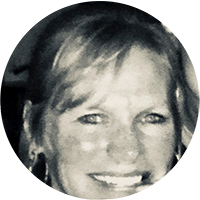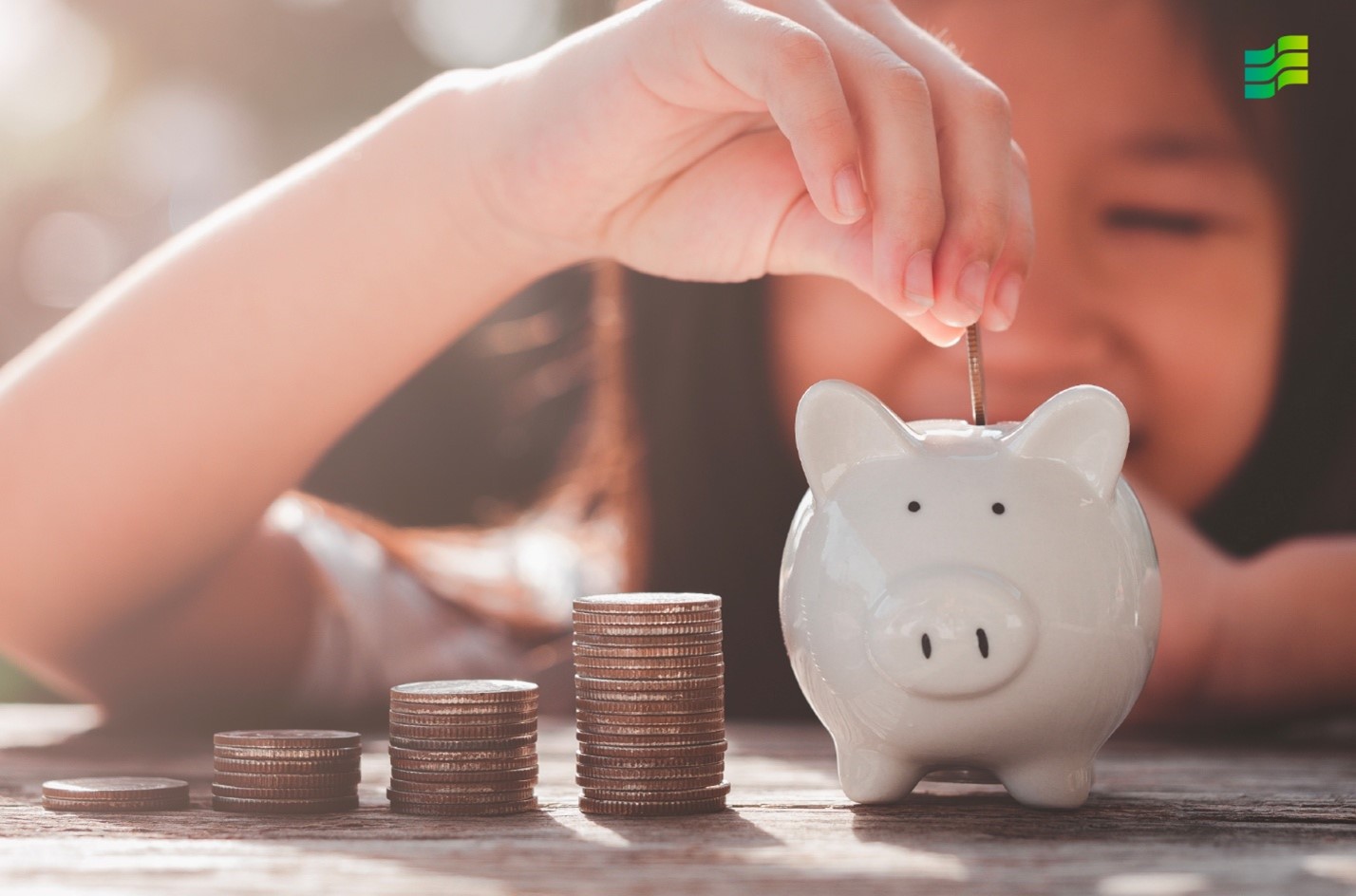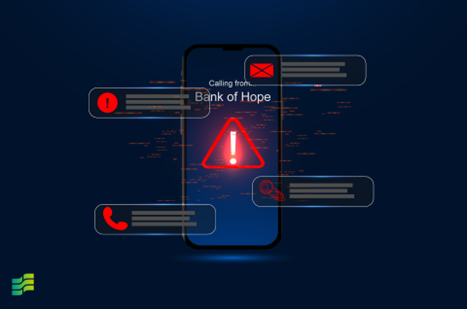Will Getting a Small Business Loan Affect Your Mortgage Approval

 Meg Schutte
Mar 17, 2020
Meg Schutte
Mar 17, 2020
We all have nicknames for the cash we stash away for a “What if...” event: Nest Egg, Mad Money, Rainy Day Fund, or Ace in the Hole. Whatever you call it, it’s good to have an Emergency Fund — now more than ever in light of recent events. The Coronavirus shut down schools, businesses, travel, and socializing, and made it financially challenging for many individuals and families to meet basic living expenses.
While the Coronavirus has been an unprecedented event where we all had to adjust our daily lives, life has a way of throwing surprise expenses our way. Setting aside extra savings means you’ll be better prepared to pay for them. If you don’t have an Emergency Fund already, start one today.
"45 percent of Americans say they do not have enough savings
to cover at least three months of living expenses."
- Center for Financial Services Innovation.
"4/10 Americans can't cover an unexpected $400 expense.
Most would pay it by borrowing or selling something."
- Federal Reserve Board
Your child broke a tooth. The basement flooded. You had a fender bender. Your parents fell ill. Your spouse got laid off. The dog ate some rocks. No one is safe or immune from any of these situations happening. If you don’t have enough cash to pay for an unexpected bill, you’ll need to charge it, get a personal loan, or borrow from a friend or family member — creating or adding debt that might be hard to overcome. That’s why having an Emergency Fund of accessible cash makes total sense. You’ll be saving yourself from dipping into your regular or retirement savings and saving yourself the stress of figuring out how you’re going to cover these costs.

Ultimately, it’s up to you and your comfort level. What amount would give you a feeling of extra security? How much are you willing to put towards it? Every little bit counts. Even if you saved $50/month, you’d have saved $600 in a year. Make it $50/week and you’d be looking at $2,400. But most experts recommend saving at least 3 to 6 months of living expenses. This could cover everything you’d normally incur in a month: housing, groceries, utilities, paying debt, travel costs, healthcare insurance, and anything else you deem necessary. Or, you can just aim to cover the must-haves: food, rent/mortgage, and utility bills. Figure out that total and multiply it by the number of months you’d like to have saved for in reserve — and make that your goal.
Whatever you decide, make it a realistic amount you can achieve. Otherwise, you could lose interest in making it happen at all. You won’t get there overnight, but over time you can build an emergency fund that will give you added security and more peace of mind.
Because you want to access your cash as soon as you need it, opening a high-interest rate savings account is a great start. This way, you can tap your money and it’s also earning interest. You could also keep some funds in a money market account, which typically offers higher returns and limited check writing and debit card purchasing abilities. Another option is a high-yield certificate of deposit or CD. Be sure to check terms, account minimums, and if you’ll incur any penalties for making early withdrawals.

Once you open an Emergency Fund, make it a priority:
Beyond payroll contributions, there are budget-cuts you can make, financial habits you can adopt, and creative money-making efforts you can undertake to keep your fund growing:
By saving more today you’ll be safeguarding your finances tomorrow. You’ll be glad you did, too. Once you’ve set up an Emergency Fund and are adding to it regularly, you’ll eventually reach your short or long-term goal. Keep going! Any number of changes could happen — marriage, divorce, new baby, college, relocation, an elderly parent moving in — that would require an adjustment to your monthly living expenses and total cushion amount needed. And remember, only use it for emergencies and replenish every dollar that you use.
Take care of your Emergency Fund and it will take care of you. Oh, and keep an eye on the dog.
Meg Schutte is a Bank of Hope Blog contributor.
The views and opinions expressed in this article do not necessarily represent the views and opinions of Bank of Hope.


